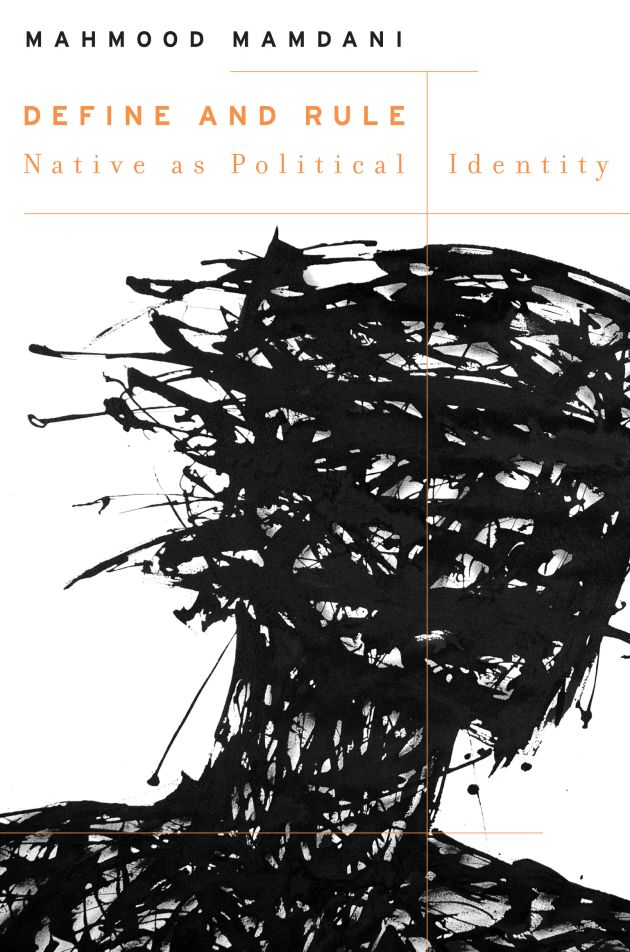
This book as a part of the W.E.B Dubois lecture series and it deserves all the praise it has garnered.
Current head of Makerere University Institute of Social Research and celebrity political scientist Mahmood Mamdani is at it again. With the full stripes of a Harvard education accompanying him, Mamdani hammers away at suspect historical narratives that postulate tribe and tradition as the original starting point of African political history.
He makes incisive forays into the history of pre-modern societies in Africa and Asia in order to demonstrate that the policy of indirect rule by colonial rulers is what informed the stratification of societies along tribal lines. The pervading philosophy was that as administrative units, the tribal identity would ease the penetrative intent of the invaders/colonialists.
Mamdani provides ample evidence that mass formations in African societies resulting for varied reasons did not lead to the emergence of the tribe as the obvious inclination but rather a clever colonial strategy to refine their movements and conquest of societies of the continent.
This credits the general thesis of the book that seeks to amplify that the notion of the tribe, the native as a construct of colonial administrations to serve short term interests of smooth governance and infiltration.
This artificial classification is what has saddled the continent with an overwhelming sense of tribal identity and allegiance from which several attendant challenges can be traced.
The new post colonial governments (except for a feeble attempt by Julius Nyerere) lacked the imagination to deconstruct the structures they had inherited and instead have managed to unwittingly reinforce them.
An important book for this epoch as well as the next.
4.95/5





